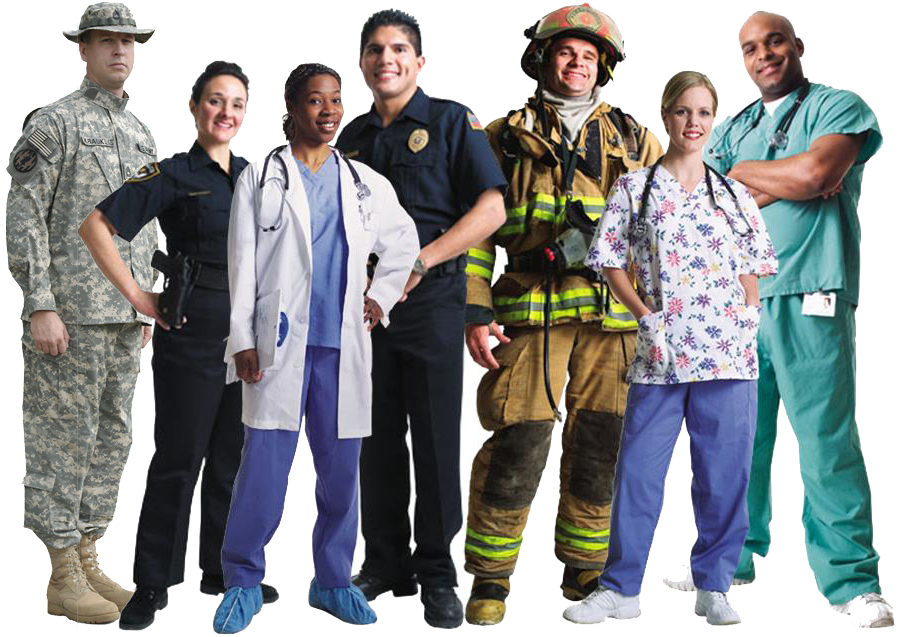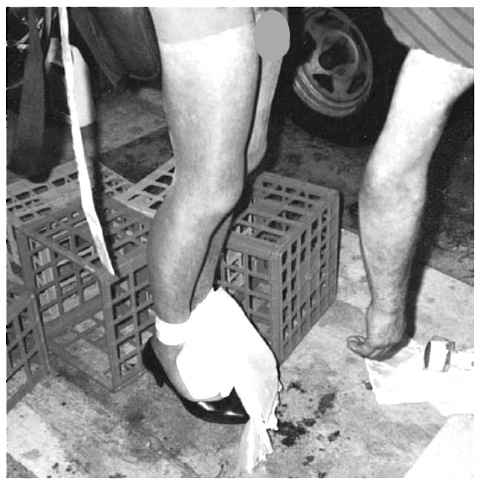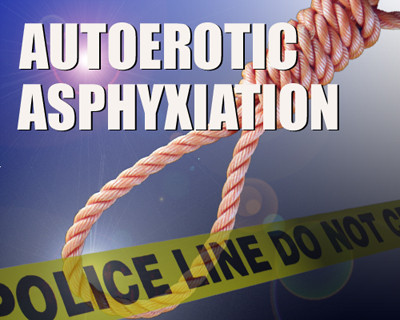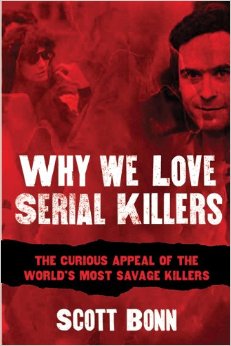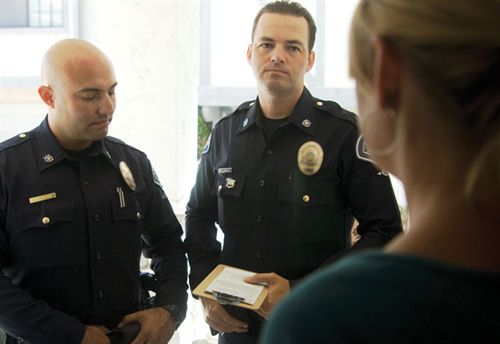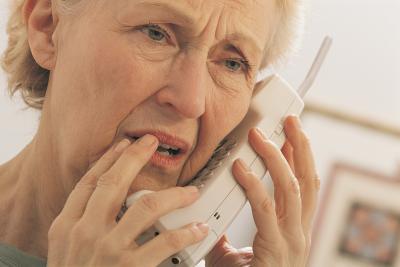Practical Cultural Guidelines For Death Investigators
Culture includes the beliefs, customs, and arts of a particular society, group, or place. How people respond to issues of death or dying is directly related to their cultural backgrounds. Anyone who works with families should be sensitive to their culture, ethnic, religious, and language diversity. 10 Practical Guidelines » Allow families to grieve the…
Read More


